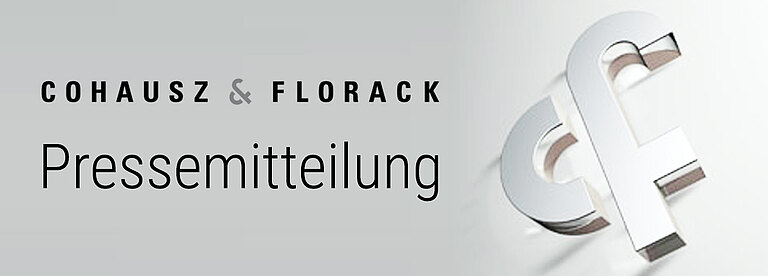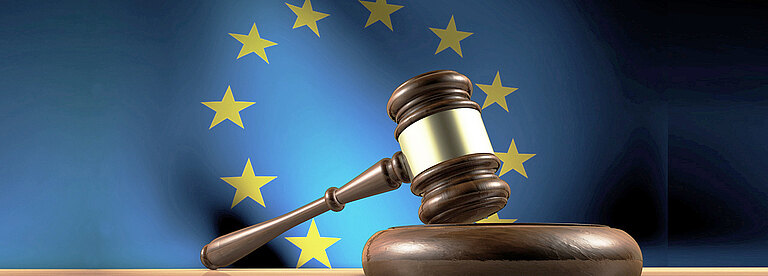Düsseldorf, January 17, 2017 – The Unitary Patent Court (UPC) may become operational as early as December of this year. This was just announced by the UPC Preparatory Committee yesterday. The first judicial interviews are supposed to start in May 2017 to fill the more than 100 planned bench appointments. Over 800 judges and patent attorneys applied, 40 percent from Germany: In Cohausz & Florack’s opinion, this shows just how important the German patent litigation venue is at the moment.
Special patent strategies are advisable
From September 2017 on, patent holders will be given the opportunity to “opt out“, according to the UPC Preparatory Committee. With this, patent holders can prevent their European Patents from falling within the new exclusive competence of the UPC. “Opting out of the UPC jurisdiction could be attractive for many companies,” explains Dr. Natalie Kirchhofer, Patent Attorney at Cohausz & Florack (C&F). “This will ensure that their European patents cannot be attacked in a single nullity proceeding for almost the entire EU”. Anyone who has opted out, however, still has the possibility to file a patent infringement action with the UPC later on: “The opt-out declaration can be withdrawn at any time, as long as no national nullity proceedings are pending,” explains Dr. Arwed Burrichter, Patent Attorney and Partner at C&F.
The actual start of the UPC remains to be seen: It was only in November 2016 that the British government surprisingly announced at a meeting of the EU Competitiveness Council in Brussels that it will continue preparations for its ratification of the UPC Agreement, despite the Brexit vote. This, in addition to Germany’s ratification, is the last step for the UPC to become operational in December 2017 as announced. If and when, however, the UK will indeed ratify the agreement remains uncertain in light of the tense political atmosphere and the “hard” Brexit currently favored by the British government. “This is especially relevant considering Theresa May’s comments yesterday in her long-awaited Brexit speech, once again taking a hard stance against Britain being subjected to external jurisdiction and case law, and in particular that of the European Court of Justice” commented Mathias Karlhuber, Patent attorney and Partner at C&F. May voiced this yesterday, stating: “So we will take back control of our laws and bring an end to the jurisdiction of the European Court of Justice in Britain. Leaving the European Union will mean that our laws will be made in Westminster, Edinburgh, Cardiff and Belfast. And those laws will be interpreted by judges not in Luxembourg but in courts across this country.“ To complicate matters, Baroness Neville-Rolfe, the Minister of State for Energy and Intellectual Property, who had signaled the green light for the ratification process in November, is no longer responsible for IP matters; this torch has been passed to Jo Johnson, the younger brother of Boris Johnson. "How this will affect the UPC implementation is still unclear", says Karlhuber.




